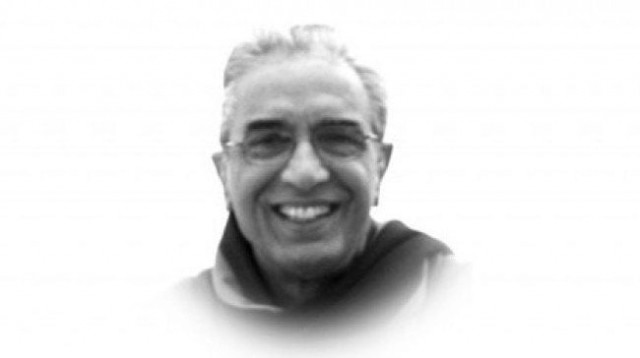Progress is like toothpaste

Progress is like toothpaste
Today, US President Barack Obama, a black president, has nominated a Jewish Harvard Law professor, Elena Kagan, a woman, to the Supreme Court to replace a retiring judge. If confirmed, which seems likely, Kagan will be the third Jewish judge on the present Supreme Court. For the first time in US history there will not be a single Protestant on the bench. The remaining six judges are all Catholic, including a black judge. This does not mean racism or discrimination is dead in America. But it does mean it no longer rules.
The point is that a nation’s progress depends on more than an increase in wealth. It also depends on how much the society moves towards inclusion and away from racial, religious and sexual discrimination. In fact, the enormous economic progress the US has made since World War II is attributed to the diversity of its population and the freedoms guaranteed to it in the constitution, and, of course, to education.
Other developed countries have also moved in the same general direction — forward. Even India, with whom we love to compare and compete, abolished the centuries old practice of ‘untouchability’ through its constitution in 1950. Pakistan, however, has moved backward.
Unbelievable as it may sound, Pakistan was a non-discriminatory society for the first two or three decades of its life, at least at the legal and official level. Muhammad Ali Jinnah had given the nation a vision of an all-inclusive society (his speech of August 11, 1947); the country had a 15-20 per cent non-Muslim population; the first federal cabinet included a Hindu, Jogendra Nath Mandal, as law minister and an Ahmadi, Zafrullah Khan, as foreign minister. Many Christians joined the air force; Christian missionaries ran some of the best schools and hospitals in the country. The anti-Ahmadi noises, emanating from the usual quarters, were either ignored or, when necessary, treated as a law and order problem.
But in 1974, Prime Minister Zulfikar Bhutto, falling prey to political expediency, amended the 1973 constitution to excommunicate the Ahmadis and, in his words, “solved the 90-year old problem”. That “problem” is now 126 years old, and doesn’t seem to go away. The amendment paved the way for more discriminatory legislation, which unleashed intolerance and violence in the society. Laws are made for the well-being of citizens, not to persecute them. Discriminatory laws encourage violence. (Lynching of blacks in America until the early 20th century was also the result of prevailing discriminatory laws.) It is naïve to expect violence to go away while retaining such laws. They must be scrapped in order for the society to move forward.
As someone said, “progress is like toothpaste. You cannot push it back into the tube.” We tried to, and look at the mess we have made.
Published in The Express Tribune, July 19th, 2010.












COMMENTS
Comments are moderated and generally will be posted if they are on-topic and not abusive.
For more information, please see our Comments FAQ